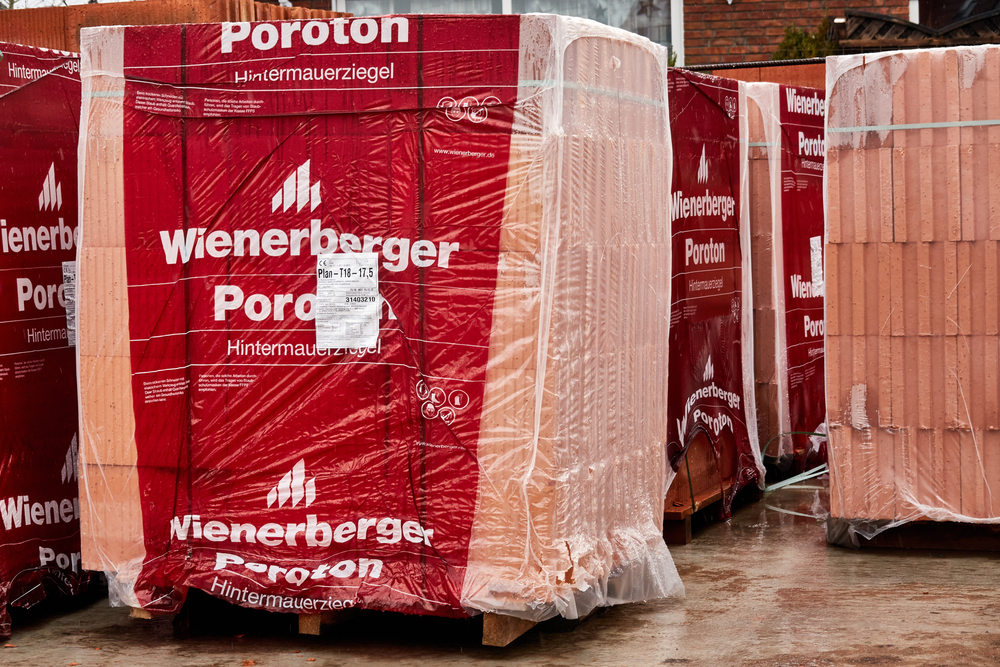CEE no longer ‘Wild East’ of startup scene

The Central and East European region is no longer the "Wild East," but serves as an important, growing part of the European startup community, with a number of advantages that predict a bright future, even if there is not a "Gold Rush" yet, a report by the Central European Startup Awards reveals.
The report (which can be read in full here) notes that the CEE regionʼs population is larger than one might think, at 112 million people combined, which is not far behind significant economic powerhouses such as Japan and Russia.
Furthermore, it adds, the recent strong GDP growth of the CEE region is expected to surpass the EU average in the future as well. According to the World Bank, conducting business in a variety of CEE countries is easier than in France, the Netherlands, and Switzerland.
In the region, startups benefit from having a wide range of possible funding sources, the report notes. On the other hand, the early-stage investment rounds are smaller than in other parts of the world. Only a quarter of more than 600 startups analyzed received more than USD 250,000 in total until today. A mere nine startups received funding above USD 1 million.
The regionʼs leading startups reach the product market and achieve significant growth within 2-3 years of launch, and due to the relatively small size of domestic markets, CEE startups have to focus on the world stage early on, says the report.
One of the aspects highlighted in the CESAwards report is that the region offers very favorable conditions for both talents and startups on the lookout for talents, with access to digital talent relatively painless compared to other parts of the world. In addition, the affordability of the talent pool leads to a lower burn rate and a longer runway for startups.
The report reveals that the CEE region has a grand total of more than 800,000 developers, as much as Germany or the U.K., more than Spain and France combined, and about twice as many as Russia. Cities like Warsaw, Vienna, Budapest and Bucharest are all present in Europeʼs top 20 in terms of the total amount of developers.
In the region, startup-corporate collaborations are seen as win-win by both sides, as they agree that collaboration is the key to global competitiveness and gaining access to new markets. However, both sides are less optimistic when thinking about the current situation, as only 28% of startups and 20% of corporates believe that the current collaboration in their respective country is good or excellent.
Both startups and corporates agree, according to the report, that getting help from third parties may facilitate the connection. In order to improve the current situation, the document says, "startups and corporates need to get clearer on the goals and frameworks that will ensure mutually beneficial collaboration."
In addition, CESAwards notes that the regionʼs accelerators, many of them funded by corporates, have the ability to connect startups to networks and resources on the international scale.
The Central European Startup Awards, aka CESAwards, is the CEE circuit of Global Startup Awards, the biggest independent startup ecosystem competition in the world. Launched in 2014, CESAwards has since grown to span ten countries (Austria, Bulgaria, Croatia, the Czech Republic, Hungary, Poland, Romania, Serbia, Slovakia, and Slovenia).
SUPPORT THE BUDAPEST BUSINESS JOURNAL
Producing journalism that is worthy of the name is a costly business. For 27 years, the publishers, editors and reporters of the Budapest Business Journal have striven to bring you business news that works, information that you can trust, that is factual, accurate and presented without fear or favor.
Newspaper organizations across the globe have struggled to find a business model that allows them to continue to excel, without compromising their ability to perform. Most recently, some have experimented with the idea of involving their most important stakeholders, their readers.
We would like to offer that same opportunity to our readers. We would like to invite you to help us deliver the quality business journalism you require. Hit our Support the BBJ button and you can choose the how much and how often you send us your contributions.









